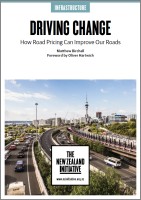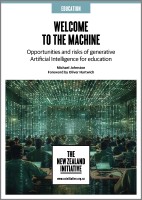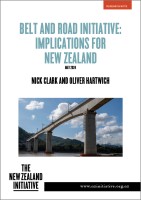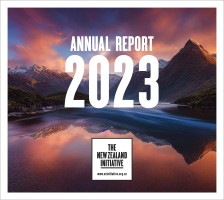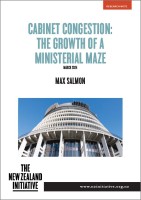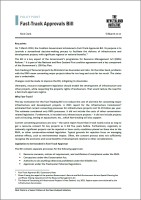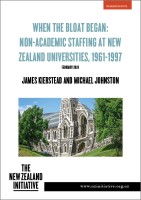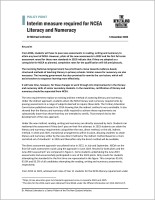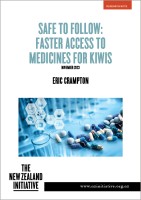
Are flying Kiwis fleeing?
The record net outflow of New Zealanders migrating to Australia and further afield should be seen as an "orange light" rather than a red light, according to a research note by The New Zealand Initiative. The report, Are Kiwis fleeing?, examines recent migration trends and finds that while the net outflow of 60,100 New Zealand citizens in the year to May 2024 is significant, it is currently offset by a near-record inflow of migrants who are likely more highly qualified than the average New Zealander. Read more






